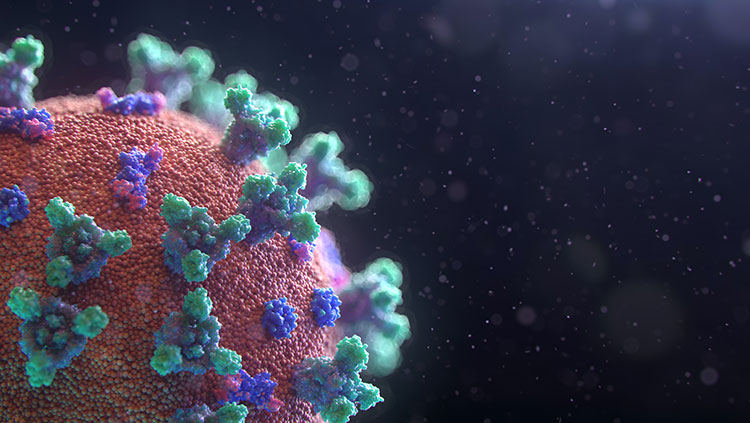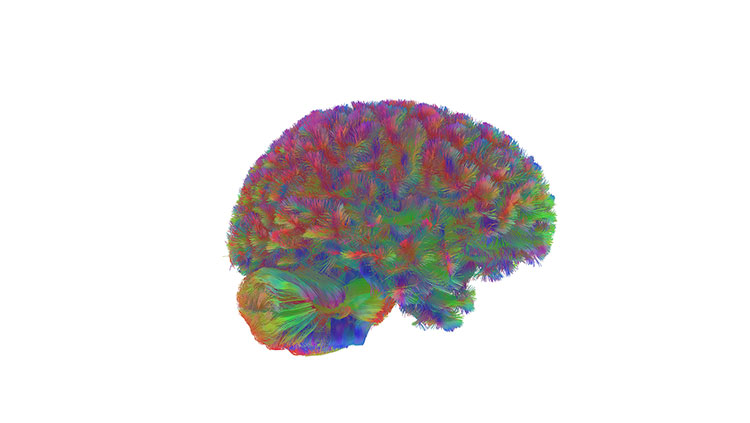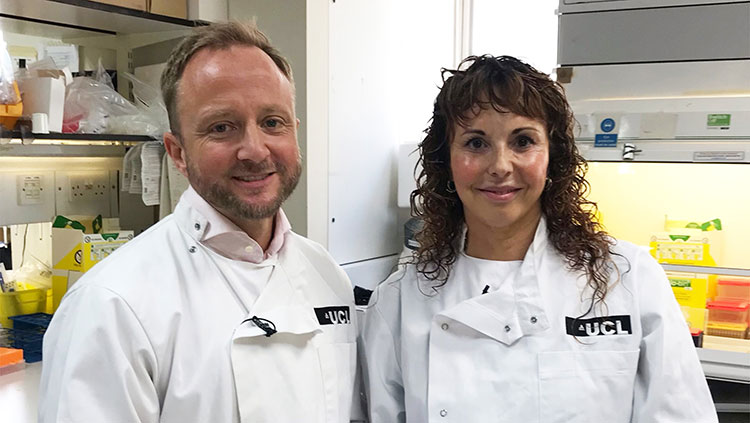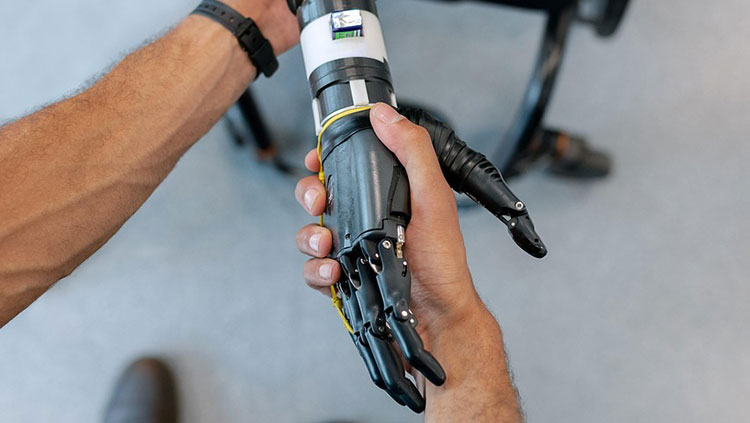ICYMI: Genetic Risk Factor for Alzheimer's Also Increases Risk of COVID-19
- Published4 Jun 2020
- Author Alexis Wnuk
- Source BrainFacts/SfN

These were the top neuroscience stories for the week of May 25, 2020.
Genetic Risk Factor for Alzheimer’s Also Increases Risk of COVID-19
Possessing two copies of a genetic variant linked to Alzheimer’s disease appears to double the risk of becoming sick with the novel coronavirus, researchers reported May 26 in The Journals of Gerontology: Series A. Using genetic data from more than 300,000 adults 48 to 86 years old who participated in the U.K. Biobank study, the team identified 622 people who tested positive for COVID-19. Of those, 6% possessed two copies of a genetic variant called APOE4, twice the rate seen in the general population.
Big picture: It’s not clear how Alzheimer’s and COVID-19 could be connected, but the study builds on previous research from the same group. In a study posted on the preprint server medRxiv in early May, they found people with severe COVID-19 infections were three times as likely to have dementia compared to unaffected people.
Read more: Genetic risk factors for Alzheimer’s also raise the risk of getting COVID-19 (Science News)
One-Third of Americans Are Depressed and Anxious
One in three Americans experience symptoms of depression and anxiety during the COVID-19 pandemic, according to the results of a survey conducted by the Centers for Disease Control and Prevention and the Census Bureau. Young adults are experiencing the highest rates of mental health strain, with nearly half of 18- to 29-year-olds reporting symptoms of anxiety and depression. Women, racial minorities, and people with less formal education also reported more symptoms.
Big picture: Feeling scared and anxious during the pandemic is normal — but that doesn’t mean you have to go it alone. If you’re in crisis and want to speak with a counselor, contact the Crisis Text Line by texting HOME to 741741. If you’re struggling with self-harm or thoughts of suicide, call the National Suicide Prevention Lifeline at 1-800-273-8255.
Read more: A third of Americans report anxiety or depression symptoms during the pandemic (Vox)
Kavli Prize Honors Research on Sense of Touch
Neuroscientists David Julius of the University of California, San Francisco and Ardem Patapoutian of Scripps Research were awarded the Kavli Prize for neuroscience on May 27, 2020 for their important discoveries about the sense of touch. Using capsaicin, the spicy compound in chili peppers, Julius discovered the first temperature sensor. The TRPV1 ion channel responds to heat and inflammatory molecules and is now a target for pain research. Patapoutian discovered another class of ion channels called Piezos that sense pressure.
Related: The Neuroscience of Touch and Pain
Read more: Kavli Foundation announces 2020 prizes for nanoscience and neuroscience (Chemical & Engineering News)
CONTENT PROVIDED BY
BrainFacts/SfN
Also In Neuroscience in the News
Trending
Popular articles on BrainFacts.org


















